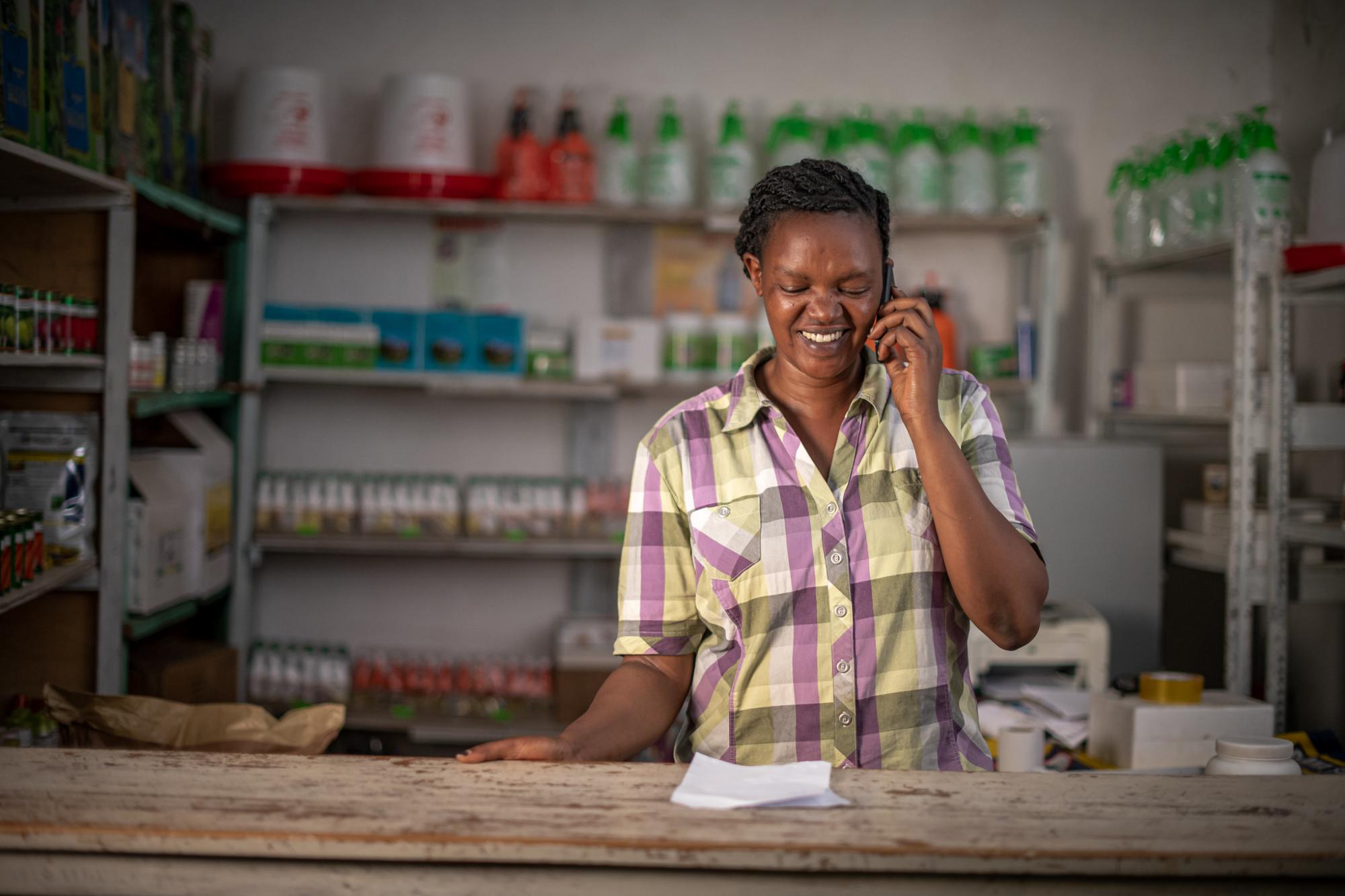
Herding Change for Climate-Smart Innovations – 2 September
Core message
Livestock contributes to climate change, yet it is indispensable in African food systems, providing essential sources of nutrition, livelihoods, and economic opportunities for millions. Beyond food, livestock support smallholder farmers by enhancing soil fertility and providing income in regions where crop farming alone is insufficient.
The good news is that, in this digital era, innovative solutions are emerging to address the challenge of reducing livestock-related emissions while increasing productivity and resilience. Scaling up these digital technologies, therefore, can play an important role in making the livestock sector more climate-smart and sustainable for the future.
On Day 0 of the Africa Food Systems Forum (AFSF) 2024, the ALive4Climate Alliance—represented by Heifer International, SNV, the International Livestock Research Institute (ILRI), and Land O’Lakes Venture37 (V37)—organized the only side event of the entire week dedicated to livestock, titled ‘Herding Change for Climate-Smart Innovations.’ This event showcased climate-smart technologies and innovations for the livestock sector that are ready for large-scale adoption and explored what it would take to effectively scale and implement them.
Session 1 featured a rapid-fire showcase of four climate-smart innovations that are helping livestock producers become more efficient and productive. Four innovators—Ignitia, Zipline Rwanda, OX Delivers, and the Africa Asia Dairy Genetic Gains platform—pitched their solutions to livestock experts and funders and made the case for how they are ready for scaling up their innovations.
Read more on about these climate-smart technologies here.
The second part of the event consisted of a ‘hard talk’ session with practitioners specialized in scaling and implementation. They encouraged the innovators to think more ambitiously and strategically about how to scale their innovations to achieve greater impact across the continent.
Here are a few key takeaways from that discussion:
-
Leveraging a market systems approach is key: Lucia Zigiriza, chief of party for USAID Feed the Future Rwanda Orora Wihaze Activity, shared how Zipline and OX uses a market systems approach that targets existing market actors to address supply chain issues and promote sustainable practices.
For example, during COVID-19, agrodealers could no longer transport livestock feed from Kigali to rural areas using public transportation. Orora Wihaze responded by aggregating agrodealers to place bulk orders through OX's electric vehicles. Simultaneously, they raised awareness among rural farmers, explaining that purchasing new, sustainable feed could boost their animal’s productivity. As a result, agrodealers were able to meet farmers' demand and fulfill feed orders using OX.
-
Target private sector investment with strong business models: Kristin Girvetz, director of AgThrive, emphasized the importance of having a solid, revenue-generating business model to attract investors. When it comes to livestock investors, particularly climate tech and impact investors, they are looking for businesses that can manage both production challenges and climate risks. To scale successfully, it's important to identify who would be paying for your service and to find ways to grow that revenue stream.
-
Serve the end-user: Mahamadou Badiel, country director of SNV Niger, emphasized that livestock keepers must be prioritized in innovation efforts.
To achieve scale, we need to put people at the center of innovations.
— Badiel, SNV
Livestock keepers are not just beneficiaries, they are key drivers of successful, sustainable change. Their insights, needs, and challenges should guide the development and delivery of innovations. By focusing on what matters most to them—such as profitability, productivity, and resilience to climate change—these innovations can be more effectively tailored and adopted over the long term. This means bundling solutions with services that directly benefit their livelihoods, translating technologies into local languages, and ensuring ease of use, so that livestock keepers can fully integrate them into their daily practices.
-
More efforts are needed to change the livestock narrative: To make an innovation outlast development project timelines, we need both institutionalization and government support. Birthe Paul, project lead at GIZ, highlighted a hard truth: livestock is often overlooked in public policy and government funding, especially compared to crops. She called for more collaborative action:
Livestock is a part of agriculture, yet at the biggest conference on African food systems, this is the only livestock side event. We need to bring a new narrative on livestock and climate.’
Looking forward
These innovations revealed that if scaled and implemented, the livestock sector in Africa is full of potential and opportunity. We can break the myth that livestock is backwards, and transition together with crops in this new digital and climate era. A new livestock and climate narrative is needed to encourage financing and scaling to make sure these innovative solutions reach the hands of farmers.